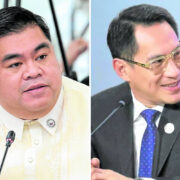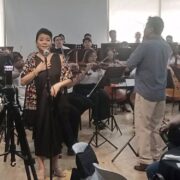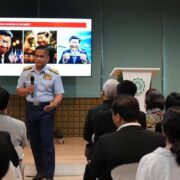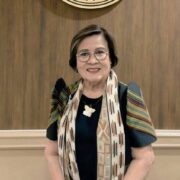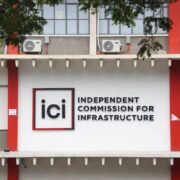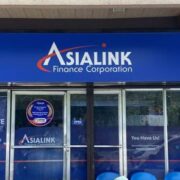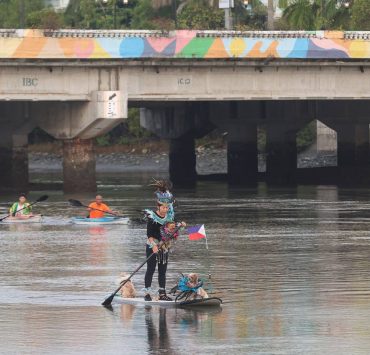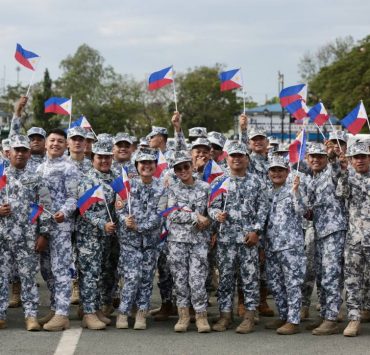Relevant leadership
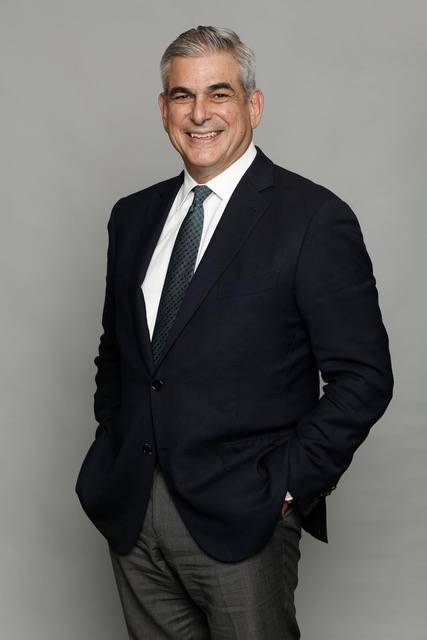

JAZA.
(First of two parts)I thank Management Association of the Philippines (MAP) for inviting me to share my thoughts on this topic of relevant leadership. Allow me to share some ideas, as well as some stories on how we at Ayala apply this interpretation of relevant leadership.
Right off the bat, let me state that relevant leaders are those that are capable of deeply understanding what the pain points of a community are, while also appreciating their dreams and aspirations. Relevant leaders are also those who can steer their organizations to address these in a collaborative and a financially, environmentally and socially sustainable manner.
This realization started forming when I came home from my studies in the United States. However, upon returning home, I found that many frameworks were not fully applicable to a country that was undergoing a massive transformation of its economy and society.
This was in the late 80s to early 90s—and the country was grappling with various socioeconomic challenges. However, the idea of the private sector playing a more active role in development started taking root. This would eventually become a pillar of the country’s development through liberalization and public-private partnership (PPP).
From then, I started a practice that would eventually be the template to how I structured my professional and personal engagements. I had devoted around 20 percent of my time to civic and philanthropic causes to better understand the country’s other problems, as well as to build a network of like-minded peers committed to finding lasting solutions. Fortunately, Philippine business does not run short of committed individuals and institutions, which of course include MAP.
This belief in business as a platform for good crystallized in my mind and eventually became a guiding philosophy to how Fernando and I led Ayala when we took the reins of the company. These ideas were not fully alien to the organization, as aligning our business objectives to opportunities that address customer pain points and aspirations have long been part of Ayala’s 190-year history.
Thus, in the 90s, we started to deliberately invest in industries that would help usher and empower the Filipino toward greater progress. We believe that this was a meaningful and sustainable business model—one that expands the economy and elevates quality of life, while building a significant groundswell of trust with our host communities and partners.
For instance, Ayala Land expanded its portfolio from just catering to higher income populations to a broad set of offerings across all market segments. Starting as a brand that likewise catered to the premium market, Globe widened its reach, steadily transitioned toward digital and data, and is now reaping the rewards of this shift. BPI, for its part, began a gradual digital transformation and financial inclusion campaign. On this point of financial inclusion, between BPI BanKo and GCash, Ayala is among the country’s largest microlending institutions, having disbursed over P150 billion worth of loans to small businesses and individuals since 2016. ACEN, meanwhile, started from zero in 2012 and began investing in thermal assets, given the energy needs of the country at the time. It has since pivoted toward more sustainable energy sources, and is now one of the fastest growing renewables companies in the region, remaining on track to reach 20GW of renewable capacity by 2030.
From then, until now and toward the future, we see tremendous potential in the country. For 40 years since coming back, we have seen a growing Philippines, but a Philippines that needs to remain competitive with its neighbors.
Progressive future
I believe that if we all want to see a globally competitive Philippines in the next 40 years—this progressive future that we are talking about—I think that all institutions should work hand in hand to build a strong platform for exponential growth and equitable progress. It is important to ensure that the economy grows in an exponential and equitable manner, while our population also grows. To illustrate the scale of the challenge, the government aims to nearly triple income per capita to $11,000 by 2040, compared to just around $3,950 today. Even then, this is still a far cry from Singapore’s 2022 per capita income of $82,807, or Indonesia’s $4,580.
Allow me to share some sectors where we have seen persistent gaps to close, but at the same time excellent opportunities to create value.
Firstly, health care. The pandemic exposed the most vulnerable areas in our system, while also elevating having a proactive and holistic approach to wellness. There is still a “beds and heads” challenge in that we require not only more hospital capacity, but perhaps most importantly, a significantly higher number of health-care practitioners and allied personnel. The full implementation of Universal Healthcare will also be critical.
Secondly, infrastructure. It is notable that we continue to invest over 5 percent of GDP (gross domestic product) in infrastructure, which will be bolstered by the recently passed PPP Act. Nevertheless, the gap has become quite large that faster and larger investments are required. We hope that our strengthened PPP framework will continue to provide a viable and fair way to encourage the private sector to help close these gaps.
This will be crucial if we intend to transform the Philippines into a truly attractive place for capital. As of 2022, the Philippines attracted the least amount of FDI (foreign direct investment) among Southeast Asia’s six largest economies, at $9.2 billion. Singapore was the highest FDI recipient at $141 billion, followed by Indonesia at $22 billion, then by Vietnam at $18 billion.
On education, we have seen a creeping learning challenge affecting young Filipinos. The World Bank and other reputable institutions have reported that the Philippines performs below our potential in literacy, mathematics and science. This is likewise a critical sector that would need support to ensure that we have the talent base to take the country several levels higher. We note the tremendous contributions of various groups, such as Philippine Business for Education, along this front. We are likewise dedicating capital in this sector, together with the Yuchengco Group, through iPeople.
Lastly, agriculture. We note that this sector remains extremely challenged due to persistent structural issues. We are hopeful that the private sector can perhaps more meaningfully participate in this space. A strong agriculture sector can generate excellent economic returns and equity for our farmers, and guarantee proper nutrition and food security. INQ
(To be concluded)
###—###
#Byline2
Jaime augusto
zobel de ayala
#Postscript
(This was lifted from the speech delivered by the author as the guest of honor during the 76th Management Association of the Philippines inaugural meeting 2024.
He is the chair of Ayala Corp.
Feedback at map@map.org.ph.)



